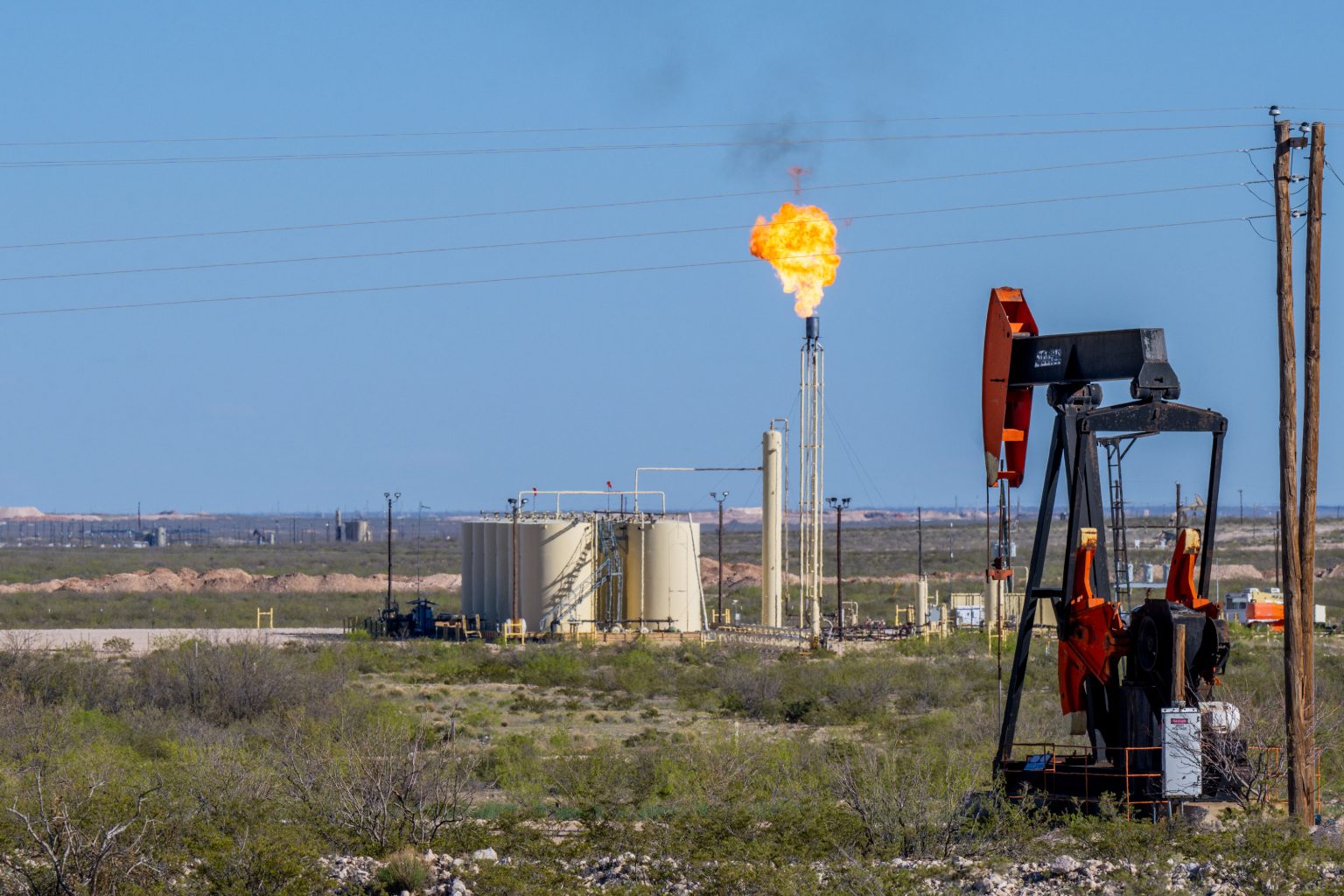The rising gas prices have brought election-year politics to the forefront, with the Biden administration considering releasing oil from the Strategic Petroleum Reserve (SPR) to maintain affordable prices. At the same time, the administration has blocked oil and gas development in Alaska, possibly to satisfy climate activists. These decisions, although possibly good politics, have negative consequences across economic, environmental, and national security fronts. The use of the SPR for political gain goes against its intended purpose for emergencies, while restrictions on energy production harm investment, jobs, and future oil supplies.
While global supply and demand primarily dictate gas prices, poor policy decisions that impact current and future supplies can be attributed to the current administration. By slowing down lease sales, restricting access to energy-rich lands, and canceling infrastructure projects like the Keystone XL pipeline, President Biden is influencing the energy landscape. The decisions to block energy development in Alaska disregard the voices of federal and state lawmakers and indigenous communities who support development in the North Slope, such as the Voice of the Arctic Iñupiat. Despite America producing record amounts of oil, these policy choices are hindering progress and economic benefits.
Energy politics have also extended to the state level, with cities filing lawsuits against Big Oil, claiming companies misled the public about climate change risks. Oil companies, with the support of several states and industry groups, are petitioning the Supreme Court to address these lawsuits. Climate litigation oversimplifies the complexities of climate change and sets a dangerous precedent for liability, potentially targeting various industries and even the federal government. If there are legitimate cases of fraud, deception, or greenwashing, they should be proven in court, rather than these lawsuits becoming costly distractions.
The politicization of energy is harmful to America’s economic and strategic interests. Domestic oil and gas supplies help keep prices low, stimulate economic growth, and enhance national security. In addition to the economic benefits, U.S.-produced energy provides leverage against adversaries and supports allies. Energy abundance should not be wielded solely for political gain, but rather recognized as a valuable asset that requires proper management and support. Investing in energy supplies and promoting innovative low- and zero-carbon technologies should be the focus, rather than engaging in contentious legal battles.
America’s energy abundance is a critical asset that should not be politicized. By promoting domestic supplies of oil and gas, the country can maintain affordability, economic growth, and strategic leverage. The current energy policies and decisions made by the Biden administration, as well as state-level lawsuits against energy companies, risk undermining these advantages. It is essential to prioritize investment in energy supplies and technology development, rather than engaging in unnecessary legal battles that detract from progress and innovation in the energy sector. Energy should be viewed as a unifying force, rather than a divisive political tool.


